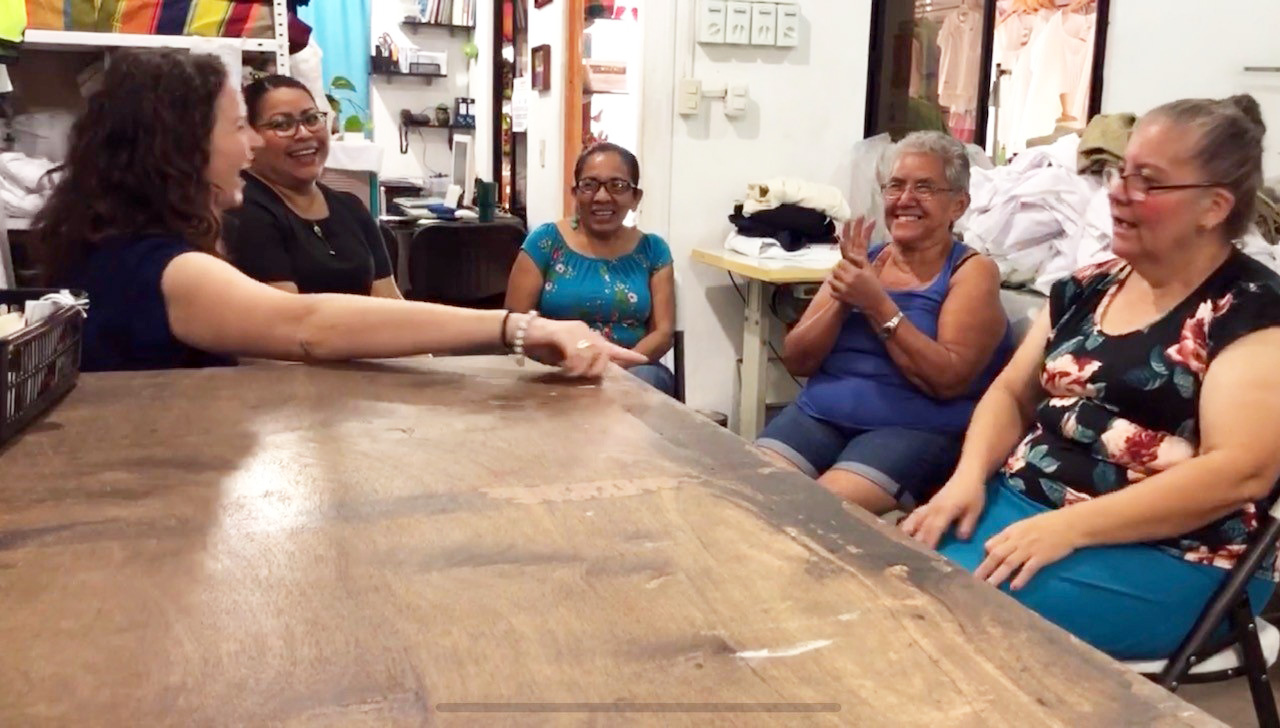
Melissa (left) and Esmeralda (center) at a meeting of their cooperative ACOMUJERZA (February 2019)
After 84 days of strict quarantine, the clothing production industry was permitted to reopen in El Salvador. Since ACOMUJERZA, the cooperative where I serve as a Maryknoll lay missioner, makes clothing and school uniforms, we were able to reopen our workshop.
Although the number of coronavirus cases was still rising, five of our cooperative member employees went back to work. In March, before the pandemic shutdown, we had been in the middle of producing the largest order we had ever received from the government’s education ministry.
Within just one week of re-opening the cooperative, I received a message from Esmeralda, one of my closest friends at the co-op, that she was sick with a cold and had some COVID-19 symptoms. I was very scared as I read her message. She added that two other employees were also sick, but they weren’t sure if it was COVID or not.
All I could think about was the precarious hospital situation here in El Salvador and the lack of resources to fight this pandemic. The virus had suddenly become real to me because one of my closest friends probably had it. I had read so many scary stories from all over the world about what this virus can do to the human body. I was truly scared for my friends.
The governing board of the co-op decided it was best to close up the shop once again for the health and safety of our employees.
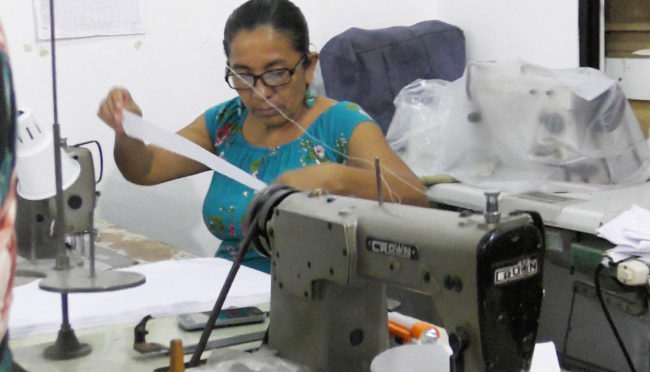
Esmeralda sewing at the ACOMUJERZA women’s cooperative
I kept in contact with all three of my friends who were sick, texting them everyday. Esmeralda went into isolation in her home, which was very difficult for her. She was very lonely and worried.
Close family ties, togetherness and accompaniment are very big parts of the Salvadoran culture. In the United States, we value independence and self-sufficiency and need our “alone time,” but Salvadorans value hospitality to the stranger and being together … all of the time. Most family homes are multi-generational, with extended family living in the same house or very close. Grandma, aunts, uncles and cousins all within a room or a house distance away. These are some of the things I love about being immersed in this culture.
The idea of self-isolation is a very difficult and foreign concept for Latin Americans to understand. Before COVID-19, separating yourself from your family while in your own home was just simply not done.
Since I knew Esmeralda was feeling alone, I did everything I could to remind her that I was “with” her through this difficult time.
I remember one day she said to me, “Hello, friend, today I need your positive energy and prayers to get me through the day.” Normally Esmeralda and I can chat up a storm about any number of different topics without a problem, but this virus was taking a toll on her physically and mentally. So we texted back and forth for a while, and by the end of the conversation she told me that I had done it — I had lifted her spirits. We texted every day for the past five weeks until she finally recovered and was able to go back to work.
By the first week of August we were able to finally deliver the school uniforms to the education ministry. Even though no children here will report to school physically nationwide for the rest of the 2020 school year, the co-op was told that the uniforms would be accepted and that we would receive the payment which was agreed upon by the contract. However, we have no idea when that payment will be made. This leaves the cooperative in a difficult economic situation. Thankfully members like Esmeralda and others pushed to complete the order before the deadline. This is just one of the many obstacles we will face as a cooperative in this COVID world.
Just this past Monday, after almost six months of being closed, public transportation reopened as well as many restaurants, shopping centers and public spaces. We are holding our breath, hoping that there will not be another outbreak, and if (or maybe I should say when) there is an outbreak, that the hospitals and healthcare workers will be able to handle the influx of new patients. We will continue to hope and pray.
COVID-19 has and will continue to shape our cultures and societies, but our need for connection with those closest to us has not changed. Although I could not be there for Esmeralda physically, I know she felt my presence and I certainly felt hers. We accompanied each other through this time of isolation and loneliness.

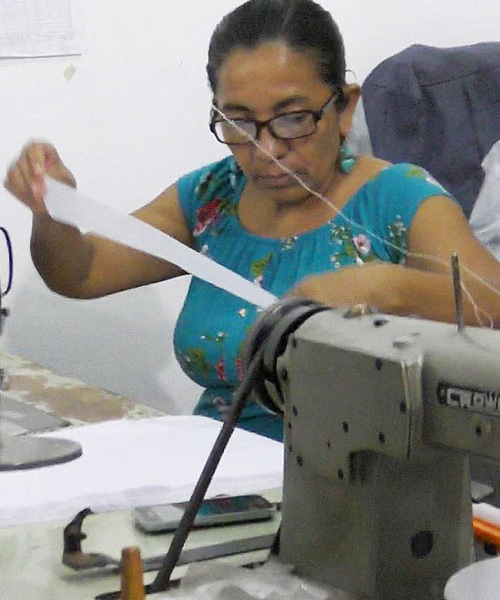

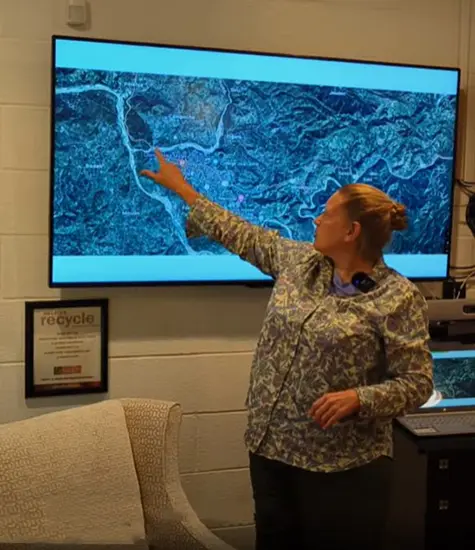
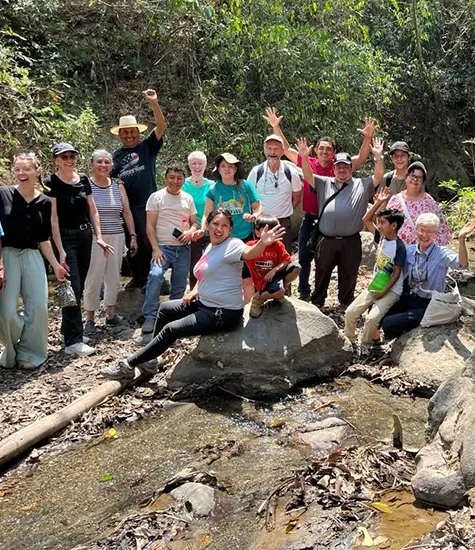
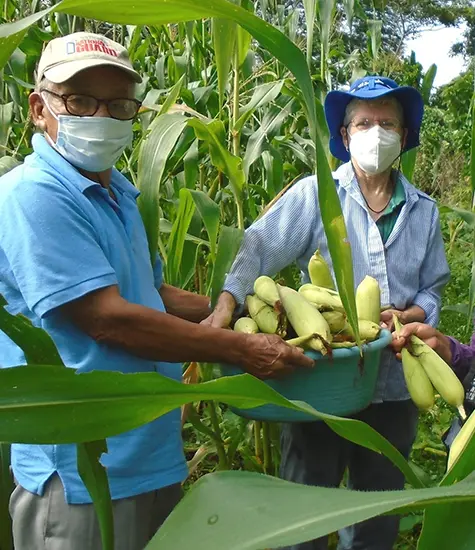




What a heartwarming story! Yes there will be more outbreaks but we can help each other through this with good examples like you and Esmaralda!